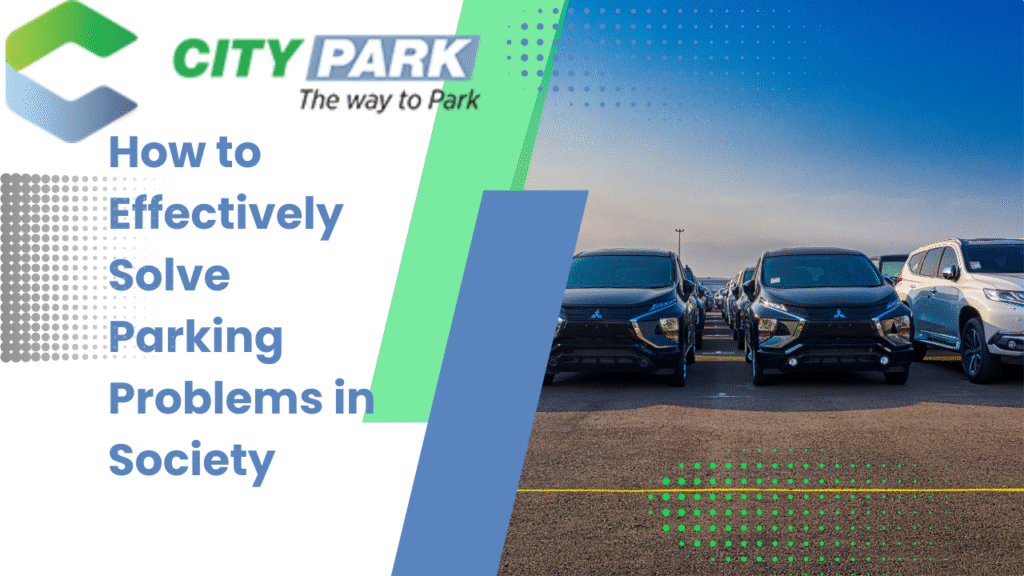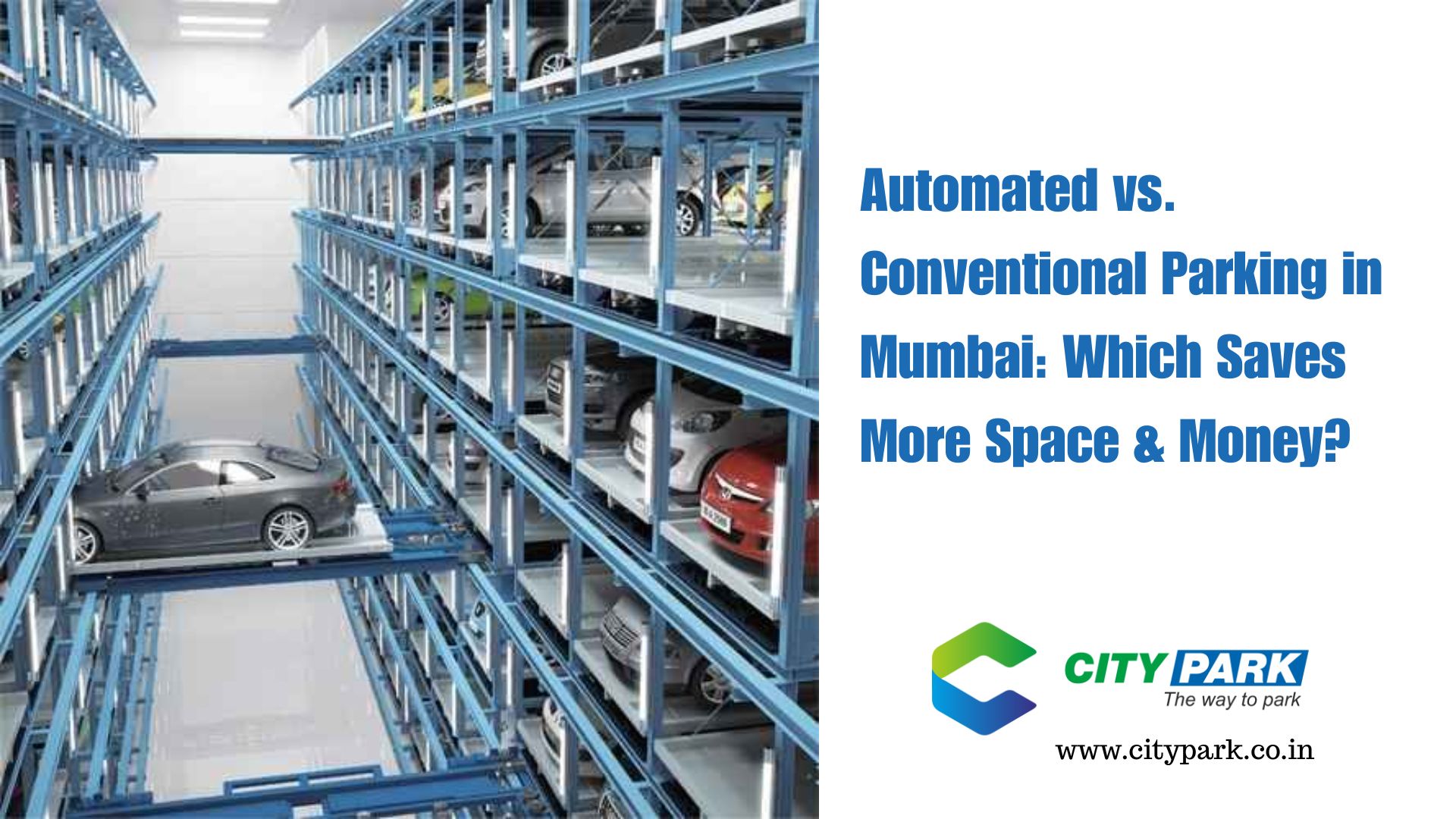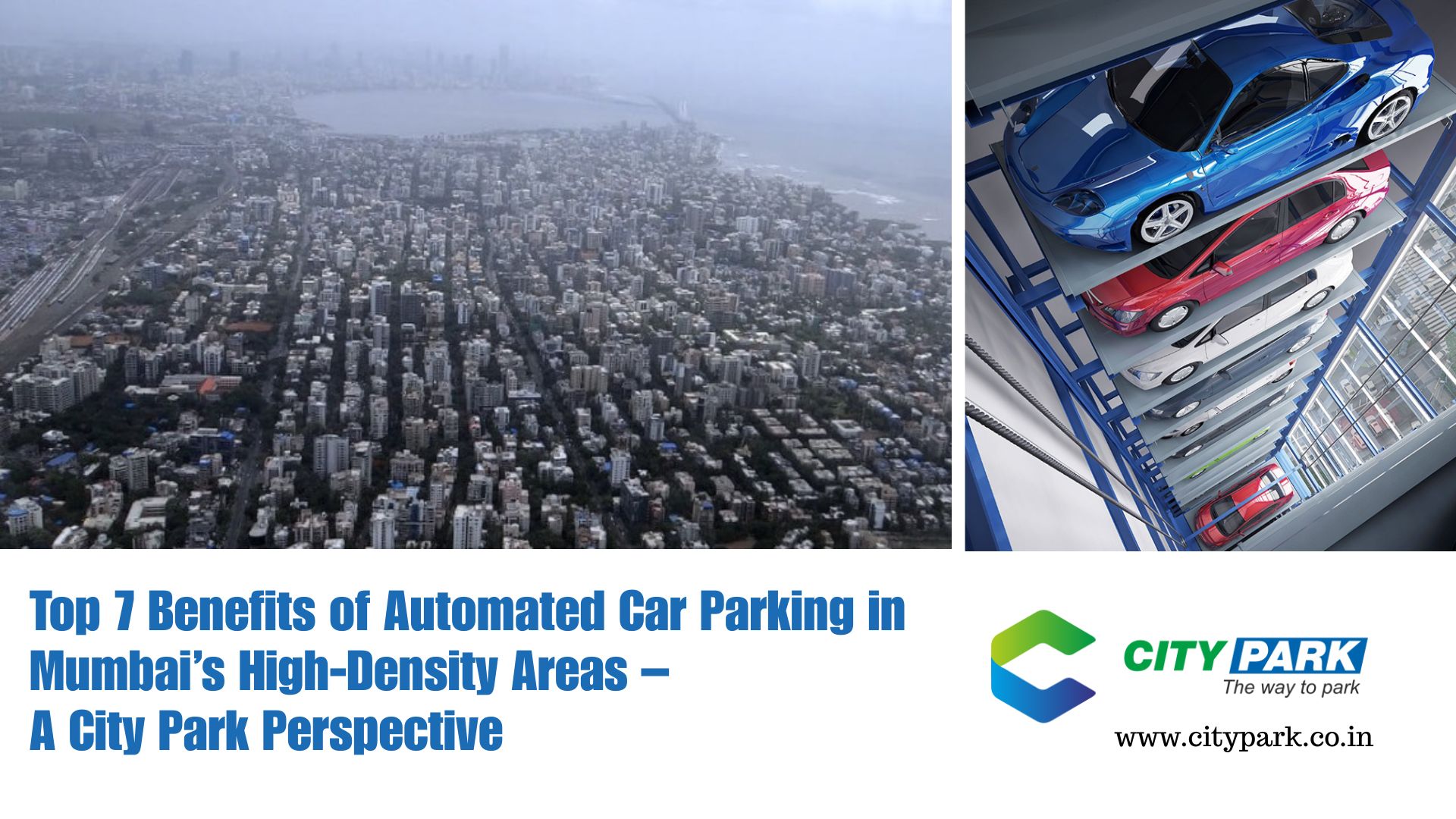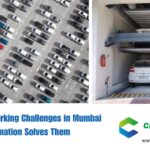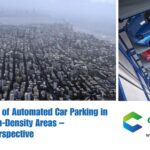Effectively Solve Parking Problems in Society — Cities are expanding. So are vehicles. But space? Not so much. In residential areas especially, parking has become one of the most frustrating problems for both residents and authorities. Whether it’s overcrowded lanes, unauthorized parking, or disputes among neighbors, parking issues disrupt daily life and often go unresolved for years.
What Are Common Parking Problems in Residential Societies?
Parking issues in residential zones are not just about the lack of space. They also stem from poor planning, unregulated use, and outdated infrastructure.
Top Problems Faced:
- Not enough designated slots for residents
- Visitors using residential parking
- Residents owning multiple cars with no limit policy
- Absence of markings or layouts
- Disputes over first-come-first-serve
- No parking management system
- Unauthorized vehicle entries
These problems make daily life inconvenient and often escalate into arguments and community disharmony.
Why Do These Parking Issues Exist?
The root cause of parking problems lies in the mismatch between vehicle growth and urban planning. Here’s a breakdown:
Poor Space Planning
Developers may prioritize residential flats over common areas to boost profit. That means fewer parking bays and cramped driveways.
No Regulatory Enforcement
In many housing societies, rules exist only on paper. Without enforcement or penalties, residents often park wherever they want.
Lack of Visitor Management
Visitors or domestic workers park wherever they find space. This further strains the limited availability for residents.
No Use of Technology
Modern societies still rely on manual registers or basic guards without digital systems for parking allocation and tracking.
How to Solve Parking Problems in Society: Step-by-Step Approach
Tackling residential parking challenges is not just about adding more space. It’s about smarter allocation, accountability, and infrastructure upgrades.
1. Conduct a Parking Audit
Before any changes, assess how many cars are in the society, how many slots exist, and where mismanagement happens.
2. Define Parking Rules Clearly
Set guidelines on:
- How many slots each unit gets
- Visitor parking zones
- Timed entry/exit for commercial vehicles
3. Mark and Number All Parking Slots
Visual order makes usage transparent. People are less likely to encroach on numbered slots.
4. Implement RFID or Smart Access Systems
RFID tags or number plate recognition cameras reduce unauthorized entry. Gate management systems also help in tracking vehicles in real-time.
5. Use Parking Management Software
Apps and systems like MyGate or ApnaComplex offer features like slot booking, violation tracking, and visitor approvals.
6. Allocate Visitor Parking Separately
Have a separate zone marked for visitors and service providers. Time-based limits can ensure availability doesn’t get abused.
7. Educate and Involve Residents
Awareness is key. Hold meetings, send circulars, and display parking maps to avoid confusion and build accountability.
What Are Long-Term Solutions for Parking in High-Density Societies?
For larger societies or those with space constraints, technology-based infrastructure solutions make a difference.
Install Multi-Level Car Parking Systems
Systems like:
- Tower car parking system in Mumbai
- Cart car parking
- Puzzle parking in Mumbai
Can hold more cars in a vertical stack, reducing ground usage. These systems are ideal for metros like Mumbai.
Redevelop Open Spaces Into Parking Zones
Unused spaces like garden corners or vacant patches can be converted into structured lots.
Form a Parking Committee
An internal committee can oversee slot allotments, rule enforcement, and dispute resolution. It makes the system community-driven.
Link Parking Allocation to Flat Size
2BHKs can be allowed 1 spot, 3BHKs can get 2, etc., avoiding over-parking by a few residents.
What Are the Costs Involved in Smart Parking Solutions?
Infrastructure-Based Costs
- Tower car parking: Rs. 4.5 lakh – Rs. 6.5 lakh per slot
- Puzzle parking system: Rs. 3 lakh – Rs. 5 lakh per slot
Technology & Maintenance
- RFID systems: ₹700–₹1500 per vehicle
- Parking management software: Subscription starts at ₹1,500/month for small societies
How Much Do Multi-Level Parking Systems Help?
In societies with limited space, a multi-level system can double or triple the capacity without expanding the footprint. It also streamlines parking allocation and avoids chaos.
Benefits:
- Compact vertical use of space
- Secure, access-controlled parking
- Automated retrieval in some systems
- Ideal for societies with >150 flats
Key Takeaways
→ Parking issues stem from space misuse, lack of rules, and no enforcement
→ Solutions begin with proper audit, rules, slot markings, and tech adoption
→ Multi-level parking systems are practical for compact societies with budget
→ Visitor parking, digital access, and resident education play crucial roles
→ RFID and management software keep things organized and transparent
→ A proactive committee ensures smooth day-to-day parking operations
How CityPark Solves Society Parking Issues
CityPark designs smart parking systems based on society layouts, vehicle count, and budget. Whether it’s a cart car parking system in Mumbai, a tower setup, or automated puzzle parking, their team assesses your layout and provides end-to-end installation, tech integration, and post-installation service.
Book a free site assessment to see how your society can optimize its parking.
Referenced from: National Parking Association, Mechanical Parking Guidelines by MCGM (Mumbai), and insights from CityPark India.
FAQ
Q1. How to solve parking problems in society without construction?
Through proper audit, digital allocation, RFID access, and timed visitor parking, many societies improve parking without adding space.
Q2. What are some software options for parking management in societies?
Apps like Park+ and MyGate allow residents to book slots, approve visitors, and raise complaints if misuse occurs.
Q3. What causes parking problems in residential areas?
Main causes include overpopulation of vehicles, lack of regulation, and unstructured parking layouts.
Q4. Is puzzle parking a good option for societies?
Yes. It’s compact, efficient, and suits urban housing projects with minimal footprint. Maintenance must be factored in.
Q5. How can visitors be managed effectively in residential societies?
Use visitor passes, define zones, restrict timing, and log entries digitally.
Q6. Are there any government subsidies for installing smart parking systems?
In some states, subsidies under urban renewal or smart city missions are offered. Always check with your local authority or vendor.
